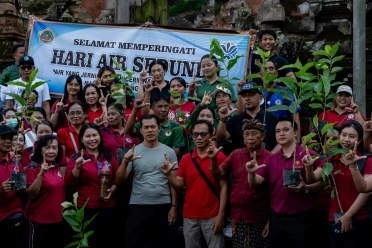Among the numerous religious celebrations in the Balinese calendar, Siwa Ratri, also known as the Night of Siwa, holds a special place. Observed during the new moon of the seventh month of the Balinese calendar, Siwa Ratri is a time for deep introspection, meditation, and prayer. This sacred occasion serves as a bridge between the spiritual and earthly realms, allowing devotees to connect with the god Siwa and seek forgiveness for past transgressions.
The Hallowed Night of Contemplation; Meaning Behind Balinese SiwaRatri Ritual

The Legend of A Lone Hunter
The story behind Siwa Ratri can be traced back to the legend of Lubdaka, a lone hunter who found himself lost in a dense forest at night. Fearing for his life, he climbed a tree to escape the dangers below. To stay awake and remain vigilant, Lubdaka began plucking leaves and dropping them into a pond while chanting prayers to Siwa (Shiva). This act of devotion and meditation led to his salvation, with the god Siwa granting him forgiveness for his sins upon his death.
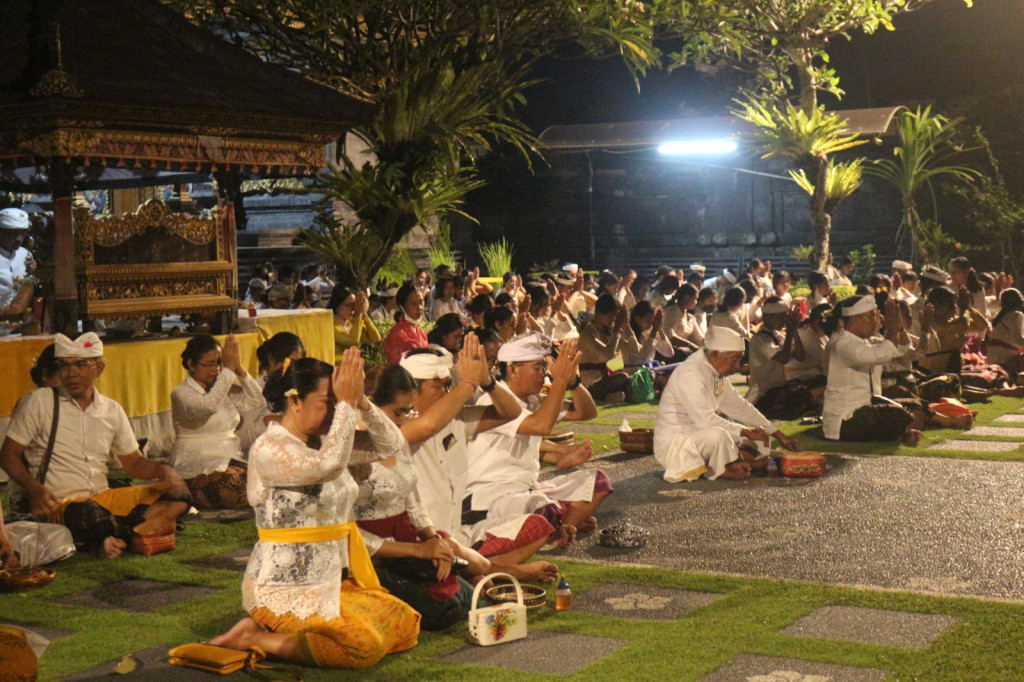
The Long Contemplative Night
Siwa Ratri is not just a night of prayer; it is also a time for fasting and staying awake through the night. The rituals associated with Siwa Ratri are designed to promote self-control, reflection, and spiritual growth. Devotees typically engage in three main fasting activities:
Upawasa: This 24-hour fast involves abstaining from food and drink, signifying a separation from worldly desires and materialism.
Monabrata: For 12 hours, devotees practice silence, refraining from speaking. This ritual encourages restraint and teaches the value of listening and choosing words wisely.
Mejagra: This 36-hour practice of staying awake symbolizes heightened awareness and vigilance. By foregoing sleep, devotees aim to focus on spiritual matters and connect more deeply with the divine.
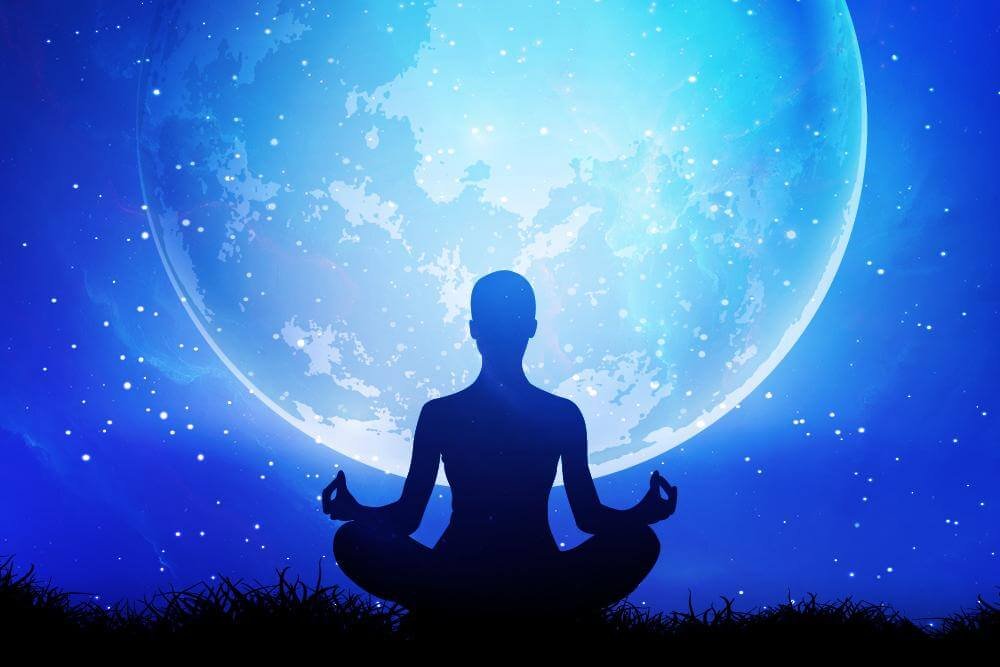
Reminder of a Virtuous Life
More than a religious observance; Siwa Ratri is a transformative journey that encourages participants to examine their actions, reflect on their past, and commit to a better future. Unlike the misconception that Siwa Ratri is a night of atonement where sins are erased, the true essence of this celebration lies in its focus on self-improvement and spiritual growth. The rituals serve as reminders that our actions have consequences and that we should constantly strive for a more virtuous life.
Modern Revival
The popularity of Siwa Ratri has grown significantly in modern Bali. Historically, it was primarily observed by a select group of priests, but it has now become one of the most widely celebrated religious events on the island. The revitalization of this sacred night can be attributed to a renewed interest in Hindu traditions and the influence of scholars and activists who sought to modernize and re-establish connections between Balinese Hinduism and its Indian roots.
Indian Cultural Connection
The story of Lubdaka and the tradition of Siwa Ratri have deep connections to Indian Hinduism. The legend is based on an Indian myth from the Padmapurana, illustrating the close ties between the Hindu traditions of Bali and India. The revival of Siwa Ratri reflects a broader Pan-Hindu movement, reconnecting Balinese Hindus with their spiritual heritage and fostering a sense of unity among Hindu communities across the globe.
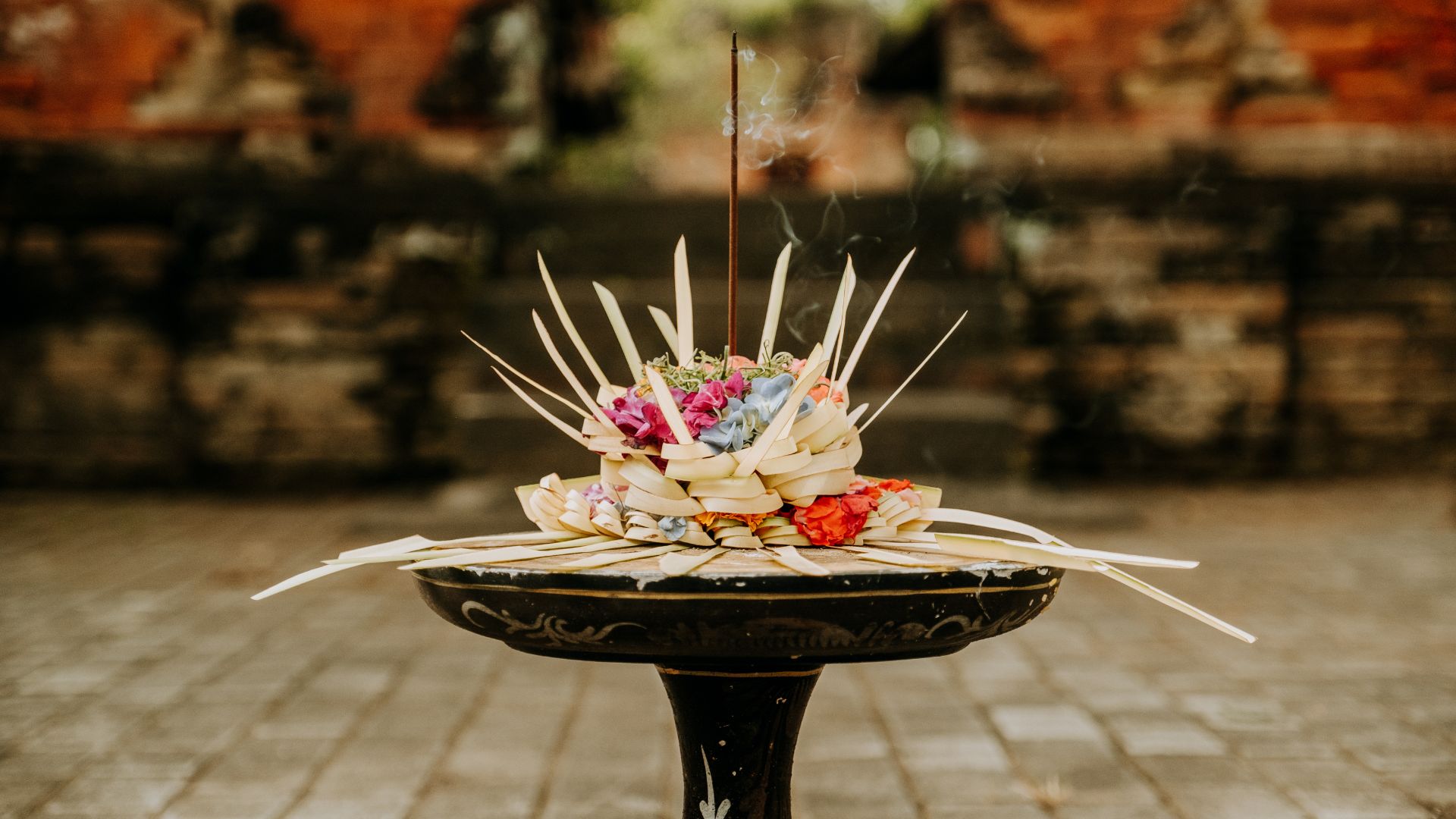
Siwa Ratri is a profound and meaningful celebration that embodies the essence of Hindu spirituality in Bali. Through fasting, silence, and meditation, devotees seek to cleanse themselves of worldly impurities and draw closer to the divine. The resurgence of Siwa Ratri as a popular religious event underscores the enduring power of tradition and the ability of sacred rituals to inspire personal transformation and spiritual growth. As Balinese Hindus continue to embrace and revitalize this ancient tradition, Siwa Ratri stands as a testament to the rich cultural heritage of Bali and its deep spiritual connections with India.



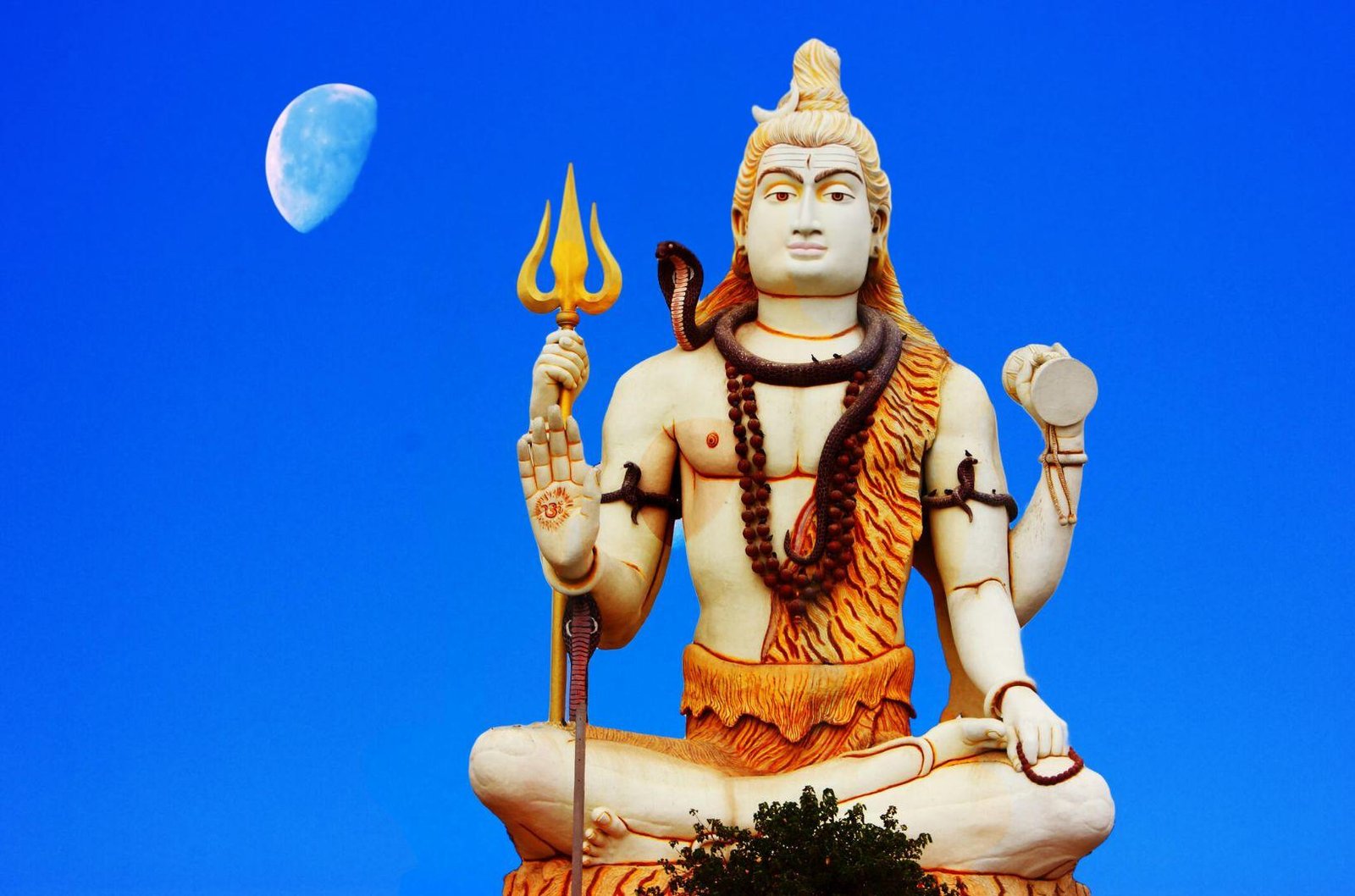
 Billy Bagus
Billy Bagus
 May 03, 2024
May 03, 2024






